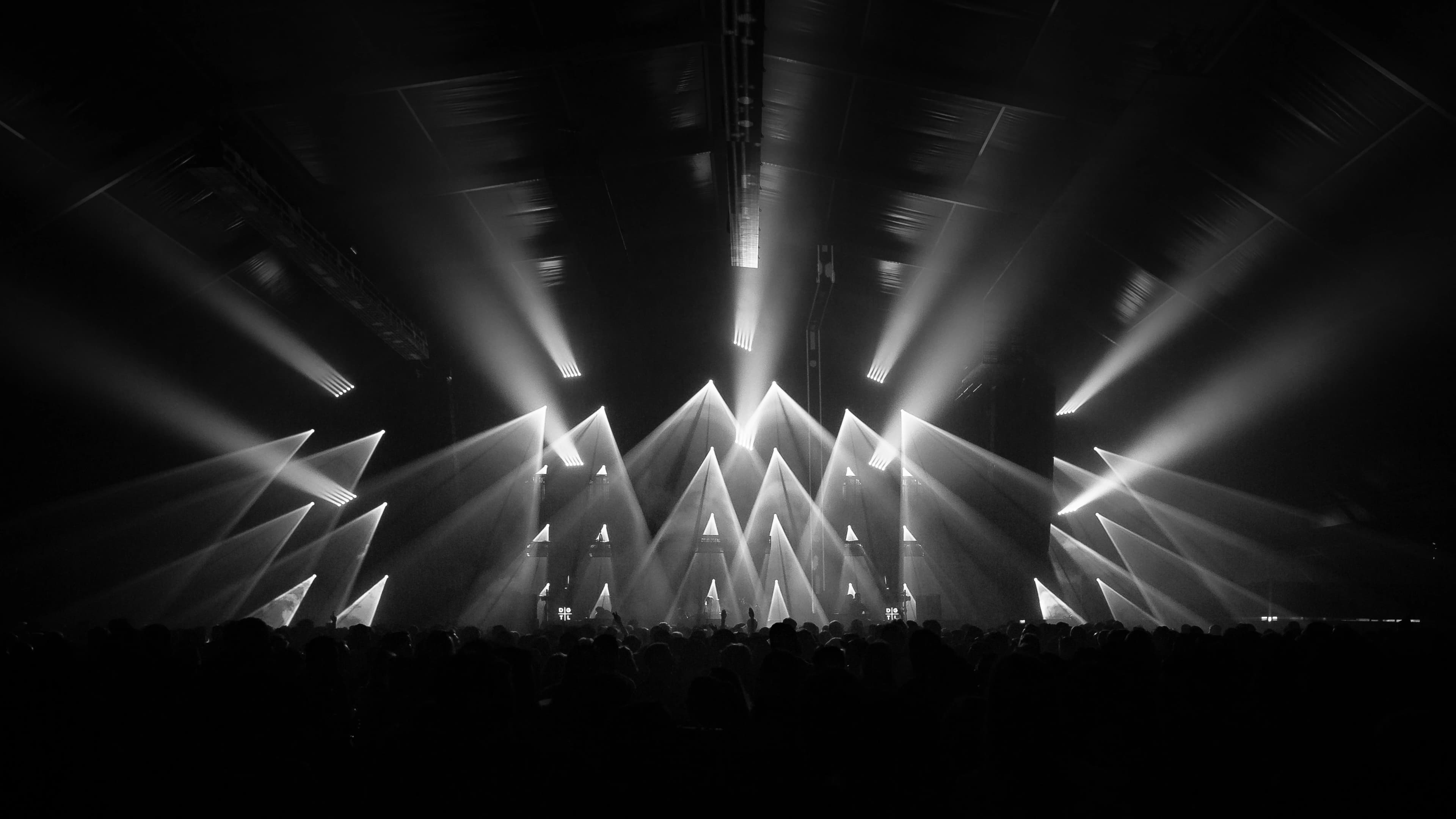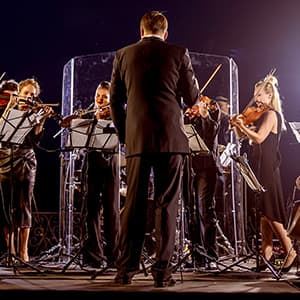

Mahler Tickets
Up to 30% Off Compared to Competitors.
Location: Select Location (e.g, New York)
Events Nearby
We're Sorry. There are currently no events near you.
About Mahler
Currently, Mahler's compositions are a staple in concert programs around the world. Orchestras frequently feature his symphonies, with major events dedicated to his works. For example, the Mahler Festival held annually in various cities showcases his symphonic masterpieces, attracting audiences eager to experience the grandeur of his music live. Notable orchestras, such as the Berlin Philharmonic and the New York Philharmonic, regularly perform Mahler’s works, often under the baton of renowned conductors who specialize in his repertoire. In recent years, there has been a resurgence of interest in Mahler's music, with numerous recordings, live performances, and even multimedia presentations enhancing the concert-going experience. Events such as the Mahler Chamber Orchestra concerts and the Vienna Philharmonic's performances highlight his significant contributions to the concert world. Additionally, contemporary artists and ensembles have been exploring new interpretations of Mahler’s music, bringing fresh perspectives to his timeless compositions. As live concerts continue to adapt in a post-pandemic world, Mahler's works remain a powerful force, captivating audiences with their profound emotional depth and intricate orchestration, ensuring his legacy endures in concert halls for generations to come.
Mahler History
Gustav Mahler, born in 1860 in Bohemia, is a pivotal figure in the world of classical music, particularly known for his symphonic compositions and song cycles. Mahler's rise to prominence occurred during a time when the concert landscape was undergoing significant transformations. His early career was marked by his role as a conductor in various opera houses, including the Vienna State Opera. This experience greatly influenced his compositional style, which is characterized by its orchestral richness and emotional depth. Mahler's symphonies, particularly the Symphony No. 2, known as the Resurrection Symphony, and Symphony No. 8, dubbed the Symphony of a Thousand, are monumental works that have defined the symphonic repertoire. However, it wasn't until the late 19th and early 20th centuries that Mahler's music gained widespread recognition, often performed in concert halls across Europe and later in America. His unique approach to blending the human voice with the orchestra in works like the Kindertotenlieder and Das Lied von der Erde set new standards for concert performances, creating a dramatic and immersive experience for audiences. Despite facing criticism and limited acceptance during his lifetime, Mahler's music has since been celebrated for its complex emotional landscapes and innovative orchestration, making him a central figure in the transition from the Romantic to the modern era of music.
